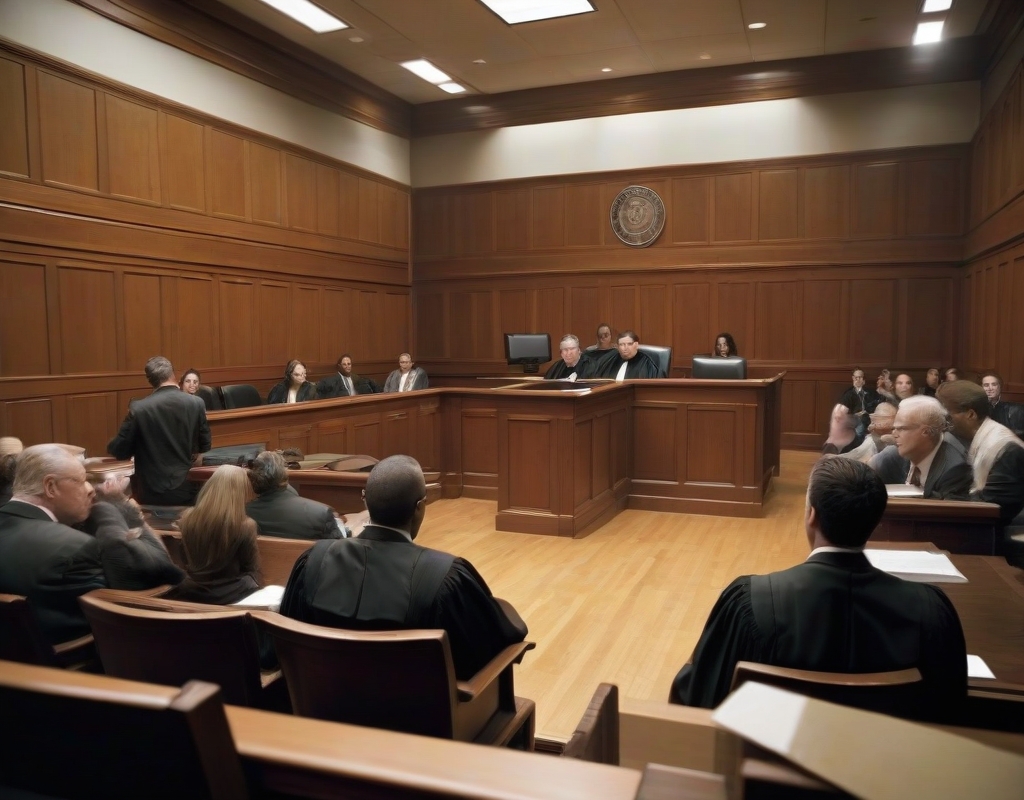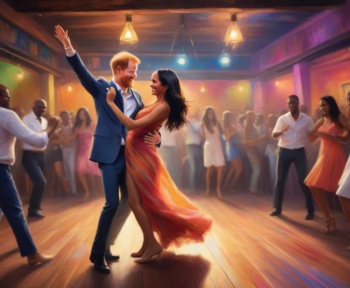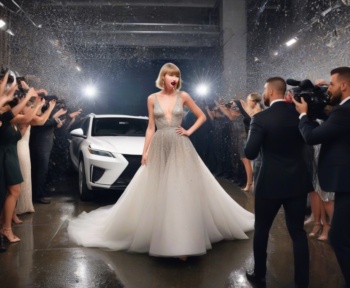Sean “Diddy” Combs, a formidable persona in the realm of music and entertainment, finds himself at the center of a complex legal struggle following his team’s recent motion for a gag order. This legal maneuver aims to restrict witnesses and their attorneys from making public comments outside of court, a pivotal move considering the gravity of the accusations against him and the potential for media trials.
Courtney Burgess, a witness for the grand jury, becomes a crucial figure as he continuously disseminates details about the case to the media. Burgess’ forthcoming testimony supposedly ties Diddy to contentious videos that showcase him alongside known celebrities, an aspect sensationalized by the media and increasing the complications surrounding Diddy’s ability to secure a fair trial. Diddy’s legal representatives have denounced Burgess’ revelations as false and defamatory, fueling further the media frenzy and public speculation.
The harassment facing Diddy includes charges of conspiracy related to racketeering, sex trafficking, and other serious offenses. These charges challenge not just Diddy’s freedom but also his longstanding image as an industry mogul and philanthropist. The portrayal of Diddy in the media as intertwined with “Freak Offs” involving male participants, which his team has strongly refuted, only adds layers to the intricate narrative being unraveled in the public eye.
Diddy’s legal predicament escalates as he awaits trial in MDC Brooklyn, enmeshed not only in these criminal charges but also additional civil suits. The plea for a gag order is a strategic effort from his team to limit public discourse and manage the narrative, hopefully ensuring a trial that is swayed by evidence rather than public sentiment or media portrayal.
Despite these legal strategies, Burgess’ continuous interaction with the media risks prejudicing the trial, potentially swinging public opinion and affecting judicial fairness. Diddy’s legal team thus presses for an expedited decision on their gag order plea to mitigate further repercussions on the upcoming trial.
Sean Combs is not just a celebrity but an impactful figure within the music industry and beyond, having influenced fashion, television, and the beverage industry through his entrepreneurial ventures. His journey from music mogul to a figure facing significant legal trials reflects not just a personal crisis but also a societal debate on the intersection of celebrity culture, legal boundaries, and media involvement.
The potential gag order in Diddy’s case stirs a broader conversation about the balance between a fair trial and freedom of the press. While some legal professionals argue that gag orders are vital in preventing media circuses that could bias a trial, others contend that such actions suppress essential freedoms and transparency. This dichotomy underscores the delicate interplay between preserving rights to a fair trial and ensuring public knowledge and accountability, particularly in high-profile cases that attract extensive media coverage.
The divergence of views is palpable, with sections of the public and legal experts split in their support of the gag order. Some advocate for it as a shield to protect the trial’s integrity, while others view it as a cloak that potentially hides vital truths. Discussions extend into ethical considerations for media outlets reporting ongoing legal matters, examining the responsibility they bear in shaping public perceptions without crossing into sensationalism.
As the legal battlefield unfolds, understanding how to best walk the fine line of justice in modern media landscapes becomes crucial. The outcome of the gag order request is not merely procedural but will be emblematic of broader judicial standings on media engagement, public discourse, and the perennial quest for truth.
Navigating through these challenges, Diddy’s case is emblematic of the evolving dynamics between news media and legal processes, revealing the frictions and confluences that outline contemporary societal values. Regardless of the result of the gag order, its discussion offers necessary reflections on maintaining justice system sanctity amidst pervasive media influences and evolving public dialogues.
In sum, the unfolding case against Diddy encapsulates more than his personal legal battle but taps into the heart of systemic questions about fairness, privacy, and openness in the justice system as influenced by ceaselessly advancing and probing media landscapes. How this is resolved could signal shifts not only in Diddy’s life but, potentially, in the handling of future high-profile cases within the grasp of the public and the press.




